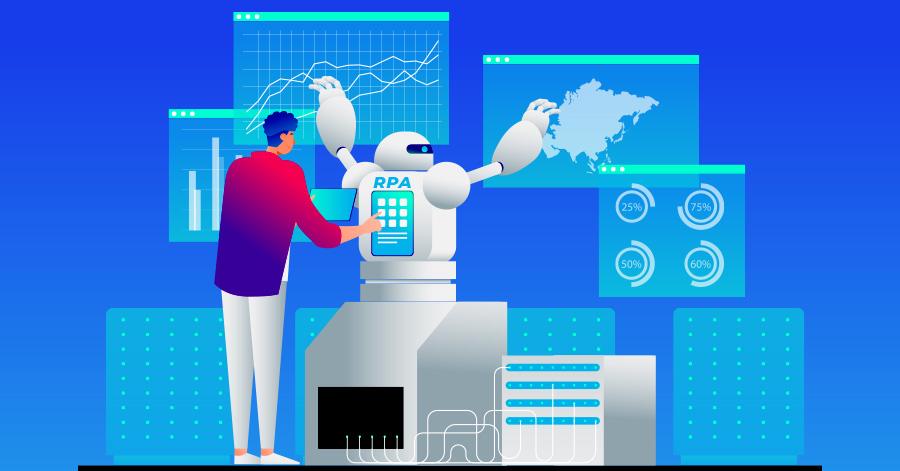A Mini-Guide to Smart AI Frameworks - LangChain & Model Observability
- Sep 2024
- 310
- 0

As artificial intelligence continues to evolve, integrating powerful frameworks and maintaining performance is crucial for efficient AI applications. Two important components in this process are LangChain and Model Observability.
Here's a brief guide to understanding how these smart frameworks work and why they matter.
1. LangChain Framework
LangChain is a robust framework designed to extend the capabilities of large language models (LLMs) by seamlessly integrating them with external data sources such as APIs, databases, and documents. This enables more advanced workflows, allowing LLMs to interact with tools, memory, and agents for complex tasks.
Key Benefits:
Simplifies building sophisticated AI apps (e.g., chatbots, search engines, automation tools).
Enhances the decision-making abilities of AI by allowing interaction with various data inputs.
Developers can easily build applications that reason and plan, thanks to its flexible structure.
2. Model Observability in AI
Model observability refers to monitoring and analyzing how machine learning models perform throughout their lifecycle. It involves tracking essential metrics like prediction accuracy, data drift, and resource usage to ensure reliability.
Key Benefits:
Detects issues early and ensures consistent model performance.
Helps organizations troubleshoot effectively and maintain transparency.
Assists in complying with regulatory requirements by explaining AI decisions.
By leveraging frameworks like LangChain and ensuring model observability, AI applications become smarter, more reliable, and better equipped to handle real-world complexities.



Comments
No comments yet.
Add Your Comment
Thank you, for commenting !!
Your comment is under moderation...
Keep reading blog post